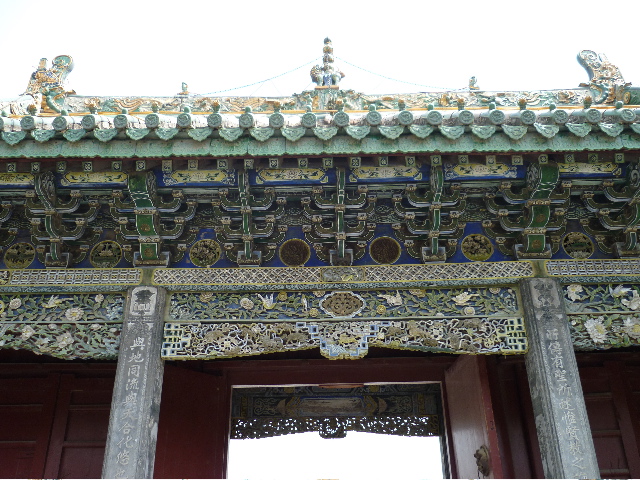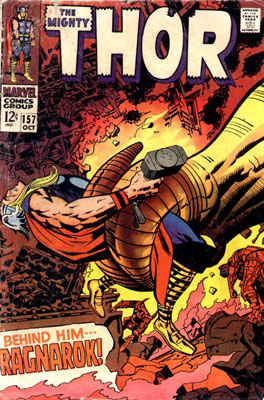Bolivia: judicial crisis over Amazon road project
Gualberto Cusi, a magistrate on Bolivia’s Constitutional Tribunal, has been asked to resign after accusing the executive of pressuring the court to approve a rainforest road project.
Gualberto Cusi, a magistrate on Bolivia’s Constitutional Tribunal, has been asked to resign after accusing the executive of pressuring the court to approve a rainforest road project.
The US government has determined that Bolivia now has fewer coca plantations but it is producing more cocaine because traffickers are using a more “efficient” process known as the “Colombian method,” according to an interview with a diplomat in La… Read moreBolivia: coca production down, cocaine production up?
The government of Bolivia will host world indigenous leaders for a Lake Titicaca ceremony on the December solstice to mark the close of a Maya calendric cycle that will supposedly mean the end of Coca-Cola and world capitalism.

Bolivia has seen strikes and protests since the ruling by the Supreme Electoral Tribunal allowing President Evo Morales to run for a fourth consecutive term in the 2019 election. The ruling was met with marches, road blockades and work stoppages that caused varying degrees of disruption in eight of Bolivia's nine departments. A student mobilization in the hydrocarbon-rich eastern department of Santa Cruz, heart of anti-Morales sentiment, ended in violence, with the regional offices of the electoral tribunal burned to the ground. Hunger strikes were launched in six cities, with at least 20 still ongoing. (Photo via NACLA)

After three years of investigation, Bolivia's Public Ministry reached a decision not to bring criminal charges against Adolfo Chávez, former leader of the Confederation of the Indigenous Peoples of the Bolivian Oriente (CIDOB), and 21 others linked to a corruption scandal in a case many saw as politically motivated. Chávez and the others were accused of illegally misappropriating monies made available through the government's Development Fund for Indigenous Peoples. But he claimed he was targeted for his opposition to the government's development plans for the Isiboro Secure Indigenous Territory and National Park (TIPNIS), in the eastern rainforest. In October, Chávez testified before the Inter-American Human Rights Commission that coca-growers in the TIPNIS loyal to the ruling Movement Toward Socialism (MAS) were attacking the reserve's indigenous inhabitants. (Photo: ANF)